Welcome to RNAGRI Agro Solutions Pvt. Ltd. - Beekeeping Solutions
At RNAGRI Agro Solutions Pvt. Ltd., we are dedicated to enhancing agricultural practices through innovative and sustainable solutions. Beekeeping is a crucial aspect of modern agriculture, providing essential pollination services and high-quality honey. This page offers a comprehensive overview of beekeeping, highlighting its importance, best practices, and how our solutions can support successful beekeeping operations.
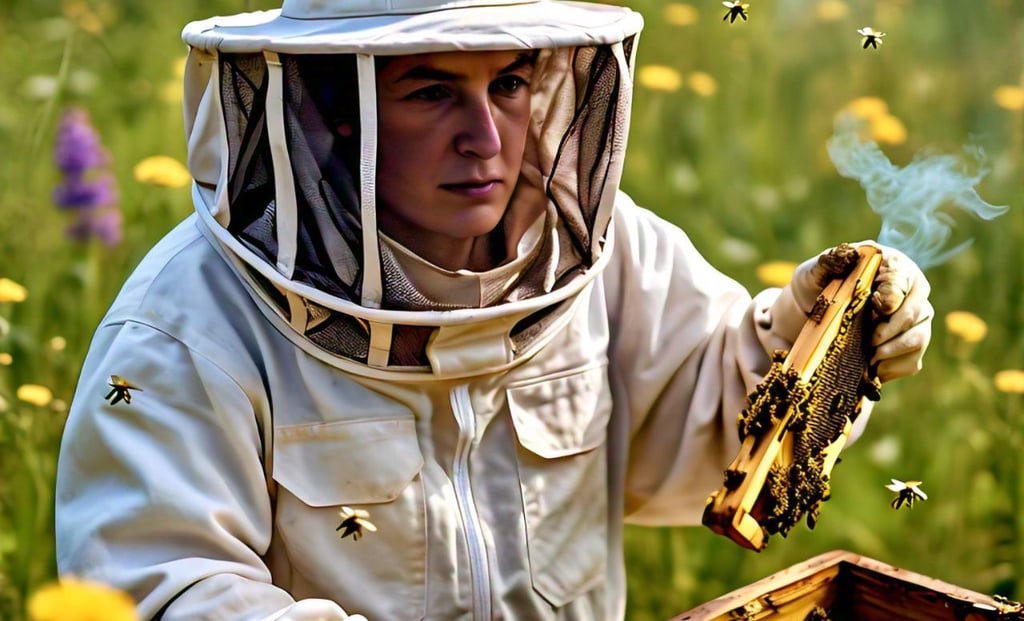

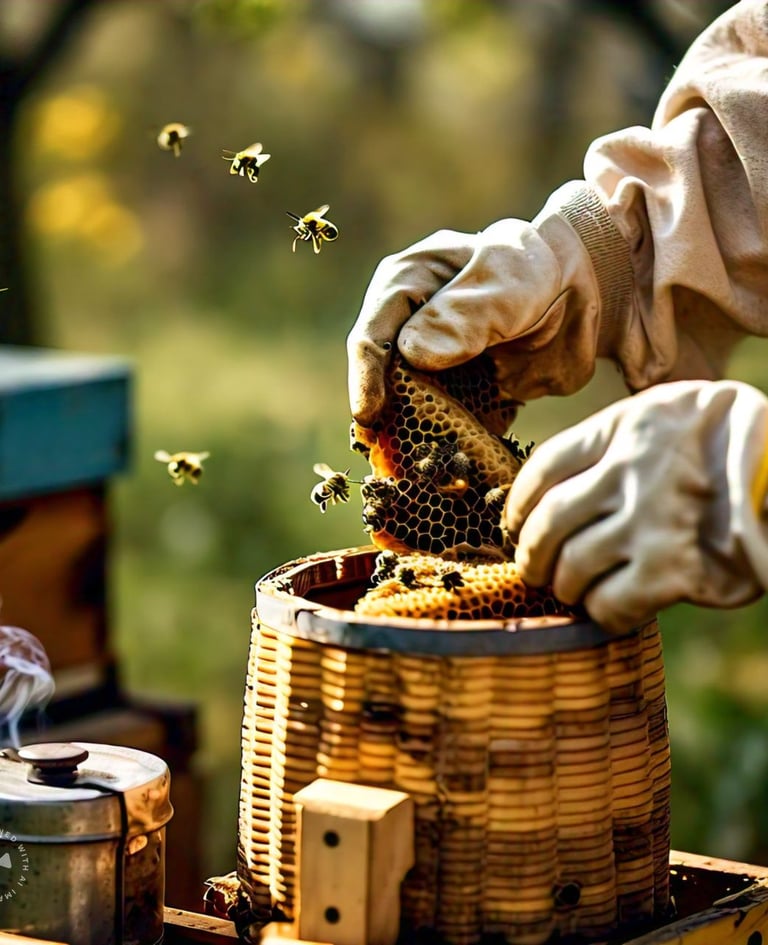

Industry Overview
Beekeeping, or apiculture, involves the management and care of honeybee colonies to produce honey, beeswax, and other bee products while promoting the health and productivity of plants through pollination. It is a rewarding endeavor with significant ecological and economic benefits.
1.Introduction to Beekeeping
Key Facts:
Honeybee Species: The most commonly kept species are Apis mellifera (the Western Honeybee).
Pollination: Bees contribute to the pollination of about 75% of flowering plants and approximately one-third of the food crops consumed by humans.
Honey Production: Honeybees produce an average of 1.5 million tons of honey globally each year.
2. Importance of Beekeeping
2.1 Environmental Impact
Pollination Services: Bees are vital for the pollination of a vast array of crops and wild plants, enhancing biodiversity and food production.
Ecosystem Health: Healthy bee populations support ecosystems by promoting plant growth and stability.
2.2 Economic Benefits
Honey and Products: Beekeeping generates income through the sale of honey, beeswax, propolis, royal jelly, and bee pollen.
Agricultural Productivity: By increasing crop yields through pollination, beekeeping enhances the profitability of farming operations.
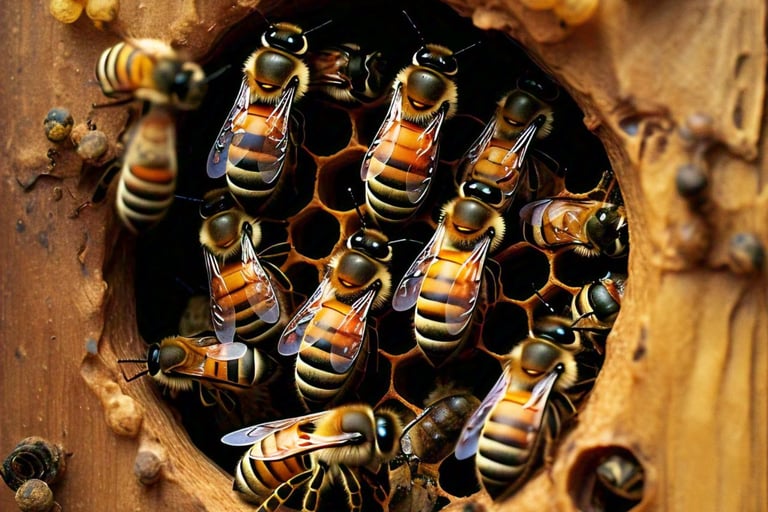

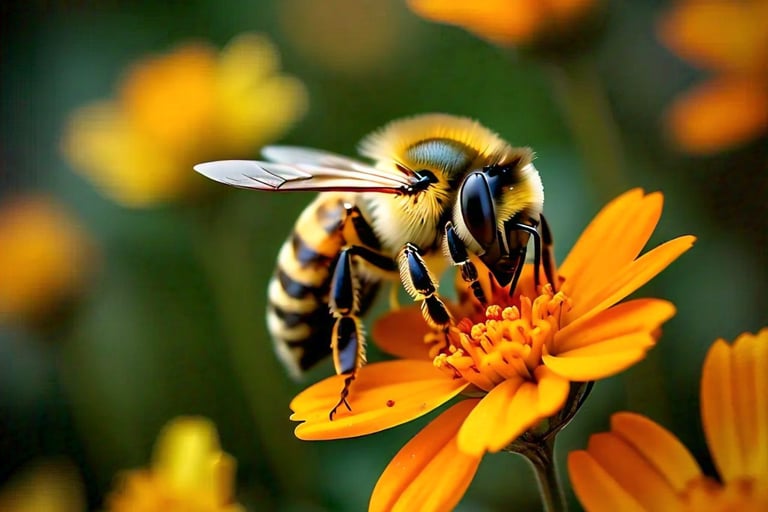

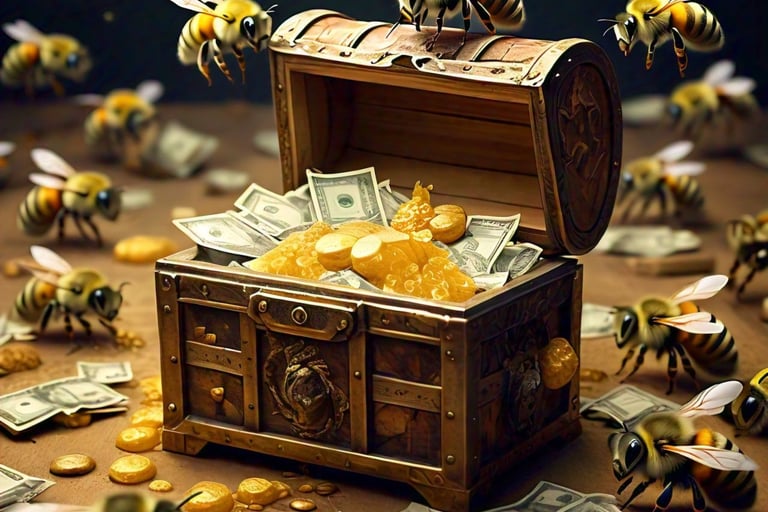

3. RNAGRI Agro Solutions’ Beekeeping Services
3.1 Beekeeping Equipment and Supplies
We provide high-quality beekeeping equipment designed for efficiency and ease of use:
Bee Hives: Various types including Langstroth, Top-Bar, and Warre hives.
Protective Gear: Suits, gloves, and veils to ensure safety during hive inspections.
Tools: Smokers, hive tools, and extractors for honey harvesting.
3.2 Hive Management and Support
Our expert services include:
Hive Setup: Guidance on selecting and setting up hives suitable for your environment and goals.
Maintenance: Regular inspections and management tips to ensure hive health and productivity.
Pest and Disease Management: Solutions to prevent and address common bee pests and diseases.
3.3 Education and Training
We offer comprehensive training programs to help you master beekeeping:
Beginner Workshops: Introductory sessions covering the basics of beekeeping.
Advanced Courses: In-depth training on advanced beekeeping techniques and hive management.
Online Resources: Access to webinars, articles, and guides on various aspects of beekeeping
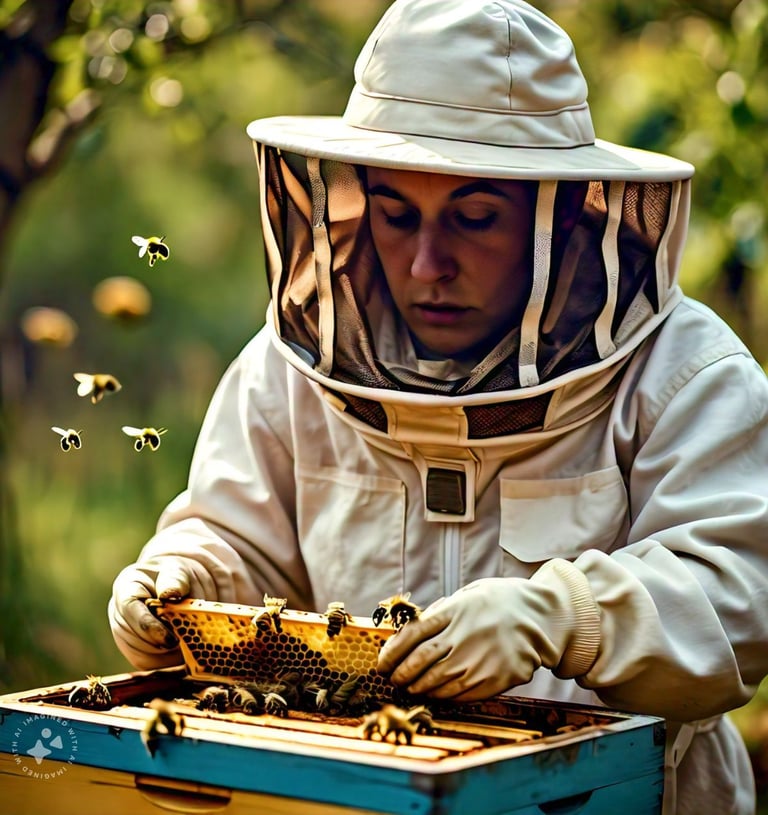

4. Best Practices for Successful Beekeeping
4.1 Hive Location and Setup
Site Selection: Choose a location with ample forage, good drainage, and protection from strong winds.
Hive Positioning: Position hives to receive morning sunlight and avoid direct afternoon heat.
4.2 Hive Management
Hive Setup: Guidance on selecting and setting up hives suitable for your environment and goals.
Maintenance: Regular inspections and management tips to ensure hive health and productivity.
Pest and Disease Management: Solutions to prevent and address common bee pests and diseases.
4.3 Harvesting and Processing
Honey Harvesting: Use proper techniques to extract honey without harming the bees.
Processing: Filter and bottle honey to maintain quality and ensure safety.
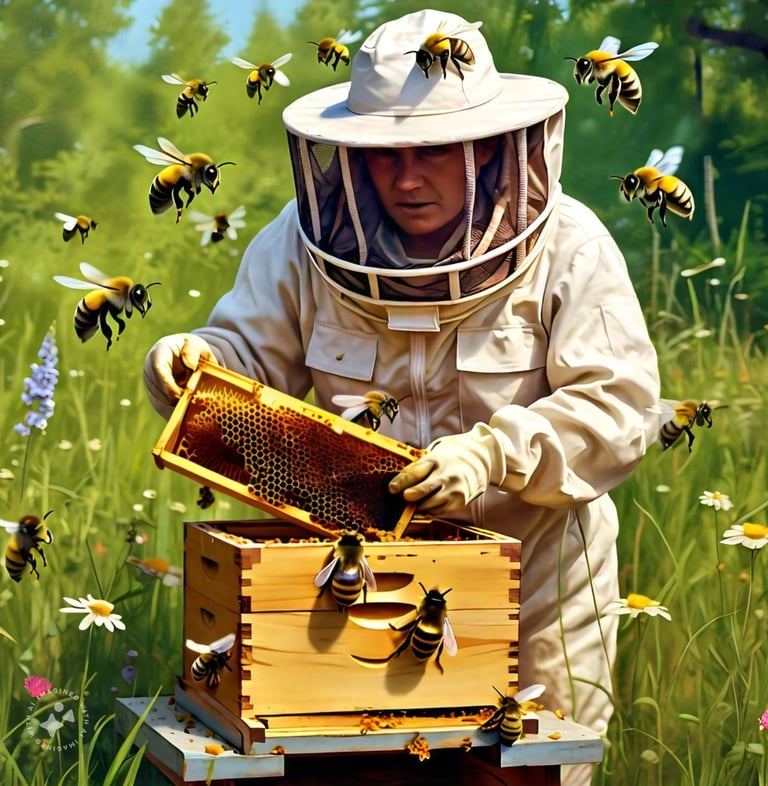

5. Challenges in Beekeeping and Solutions
5.1 Colony Collapse Disorder (CCD)
Prevention: Implement best practices in hive management and pest control to mitigate risks.
5.2 Pests and Diseases
Management: Use integrated pest management (IPM) strategies to protect your bees from common diseases and parasites.
5.3 Environmental Factors
Adaptation: Be aware of and adapt to environmental changes that may affect bee health and productivity.
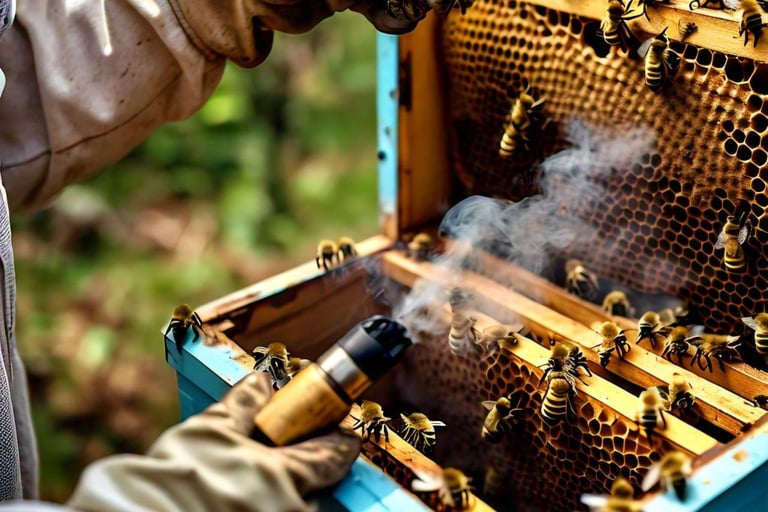

6. Future of Beekeeping
The future of beekeeping is focused on sustainability, innovation, and conservation:
Technological Advances: Adoption of smart beekeeping technologies for monitoring and management.
Sustainable Practices: Emphasis on practices that promote bee health and environmental stewardship.
Research and Development: Ongoing research to address challenges and improve beekeeping practices.
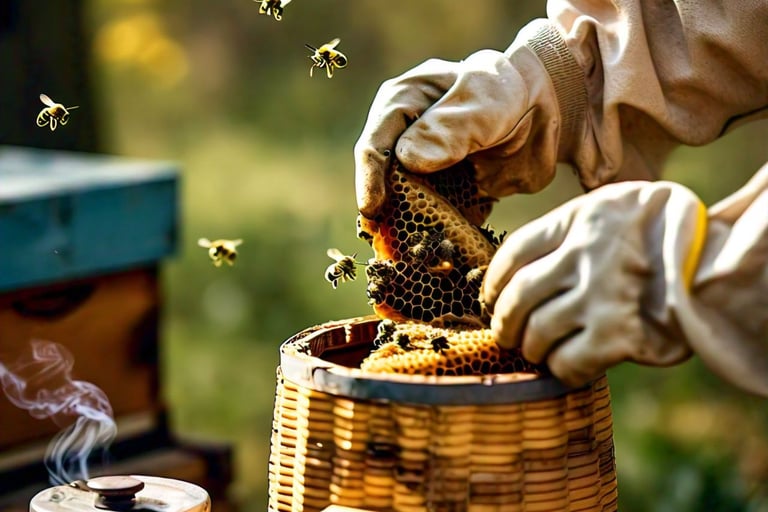

About Agri Agro Grand Expo
Agri Agro Grand Expo International has served as a platform for bringing together many foreign as well as national visitors from all over the country to interact with leading national agriculture technology companies. The Agriculture Expo, held annually, is one of the leading national agriculture events of its kind, showcasing cutting-edge agricultural technologies. This exhibition in India traditionally attracts numerous Ministers of Agriculture, decision-makers, experts, practitioners, and trainers in agriculture, along with thousands of visitors from around the country.
contact :
expo@agriagro.in
exposulabh@agriagro.in
+91-9520099666
+91 -70601 71734
+91 -8791144200
© 2026 Agri Agro Grand Expo All rights reserved.
Mail:
